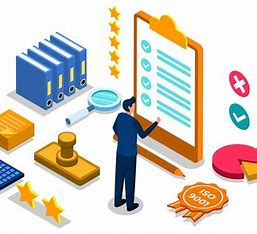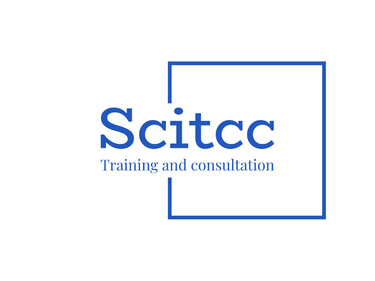
Excellence and Efficiency in Operations Management and Service Improvement
Excellence and Efficiency in Operations Management and Service Improvement
$3500.00
Day One: Introduction to Operations Management and Service Improvement
Objectives:
Basic understanding of the concept of operations management and service improvement.
Recognizing the importance of operations management in enhancing efficiency and excellence.
Introducing participants to the concepts of quality and innovation in service improvement.
The targets:
All employees in the management sector, especially in the fields of operations and development.
Team and department managers who are concerned with improving performance and efficiency.
Learning method:
Interactive lectures.
Practical examples of the main challenges in operations management.
Practical exercises to clarify the concepts.
Day Two: Tools and Techniques Used in Operations Management
Objectives:
Study of the basic tools and techniques for analyzing and improving processes.
Learn how to use analytical tools such as process maps and cause-and-effect analysis (Fishbone).
Target audience:
Work teams that manage or participate in process improvement.
Decision-makers in improving service quality.
Learning method:
Workshops using analytical tools.
Real case studies for analyzing and improving processes.
Day Three: Measurement and Evaluation for Process Improvement
Objectives:
Learn how to measure and analyze operational performance periodically.
Defining Key Performance Indicators (KPIs) to measure operational efficiency
The targets:
Quality and continuous improvement officials.
Performance and control management teams.
Learning method:
Theoretical lectures.
Practical training on setting performance indicators and analyzing results.
Day Four: Practical Applications for Service Improvement
Objectives:
Knowing how to apply service improvement tools such as Six Sigma and Lean methodologies.
Studying live applications in various industries (health, education, services).
The targets:
Operations managers.
Continuous improvement teams in various sectors.
Learning method:
Practical training on Six Sigma and Lean techniques.
Simulation and analysis of practical cases.
Day Five: Leadership and Change Management in Process Improvement
Objectives:
Understanding the role of leadership in creating effective change.
Learn change management skills to motivate teams to adopt a culture of continuous improvement.
The targets:
Team managers and leaders.
Institutional change professionals.
Learning method:
Interactive lectures on change leadership.
Workshops to develop action plans to stimulate continuous improvement.
Final evaluation:
Evaluation objective: Measuring the extent to which participants benefit from the course and how well they apply the concepts learned.
Evaluation method: An analytical exam that includes case studies and practical exercises.
This program enhances comprehensive knowledge of excellence and efficiency in operations management and service improvement, focusing on teaching participants the tools and techniques necessary to achieve these goals in real work environments.


